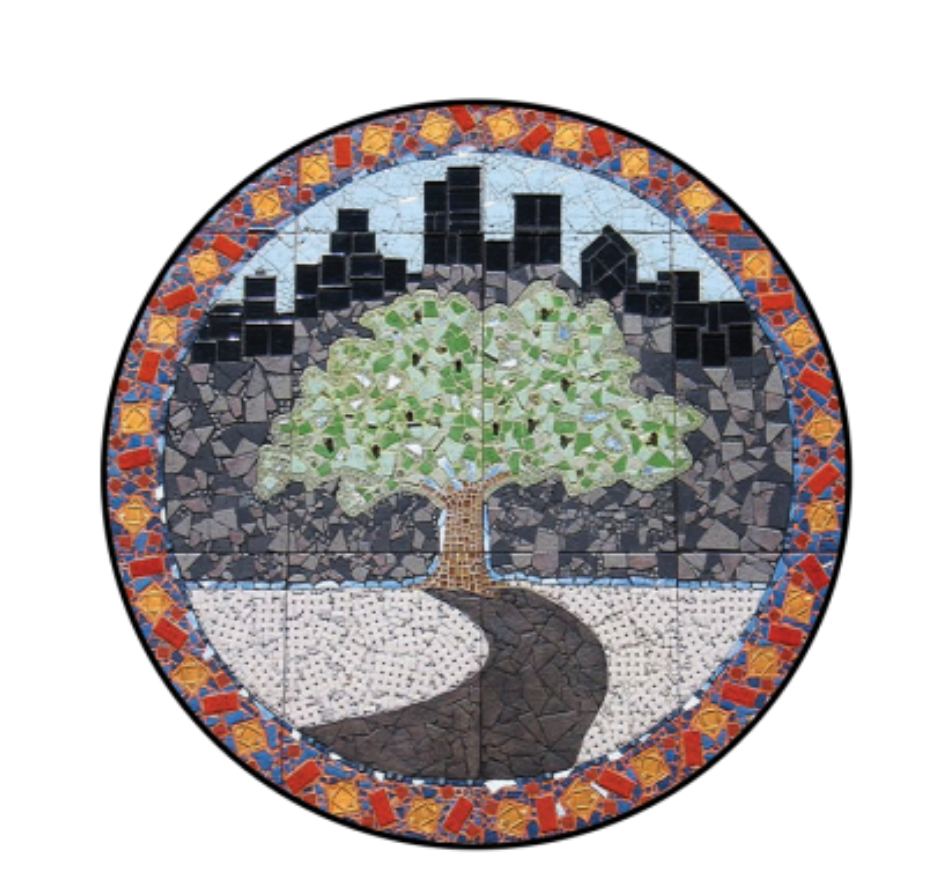Shame vs. Guilt
On Wednesday, during the morning circle, I posed a two-part question to my homeroom: "What is the difference between shame and guilt?" Sixth graders, on average, are about 12-years old. I believe thought-provoking questions are developmentally appropriate when guiding students in their transition to upper grades such as 9th-12th. When middle school is treated as a transitional state verse a destination, we view the way to support a child in theses grades differently. The questions I asked the sixth grade were to support their social development, particularly the City Neighbors' value of taking responsibility.
Before we dove deeper, I asked students what these words were. I thought to myself, "Well, if we are going to have a conversation about these two concepts, I want them to know what these words mean." Many students shared, but one particular student said, "Guilt is making a mistake and feeling bad for that one thing done. Shame is making a mistake, and someone keeps bringing it up like that's who they are." At that point, I thought that was a perfect time to segue to my next question, "Would you rather have shame or guilt?"
Before students were given a chance to respond, I asked them to take fifteen seconds to think about their choice. I passed the talking piece to the first student, and they said, "Well, I rather have shame because I would feel sick in my stomach all day from guilt." With my best poker face, I was crushed on the inside and internally screamed "NO! They still do not know what shame means." Maybe I should have defined it myself, so they were clear. Keeping the nature of the circle, I neither responded nor flexed an eyebrow to question the correctness in their response. The talking piece passed to the next person. "I'd rather have guilt because I could lie once and feel bad. With shame, if I lie once, people would always think I am a liar, and I am not." Then the next student said, "Yeah, I had a bad day. I am not bad." There was a pause before the next student shared. "Well, I'd rather have shame because regardless if I did the thing or not, people will say I did something. No one believes you. It is more disappointing when you do not believe yourself. That's sad, that's guilt." My heart shattered.
Taking responsibility is a City Neighbors' value we rate students on every day. As educators in the building, we must practice those values. It is equally essential for guardians to exemplify those values. As adults, we should take responsibility for our word choice and be reflective of our biases. In doing so, we can support the holistic growth and development of our students.
Written by: Olayemi Olugbuyi, Teacher, City Neighbors Charter School

